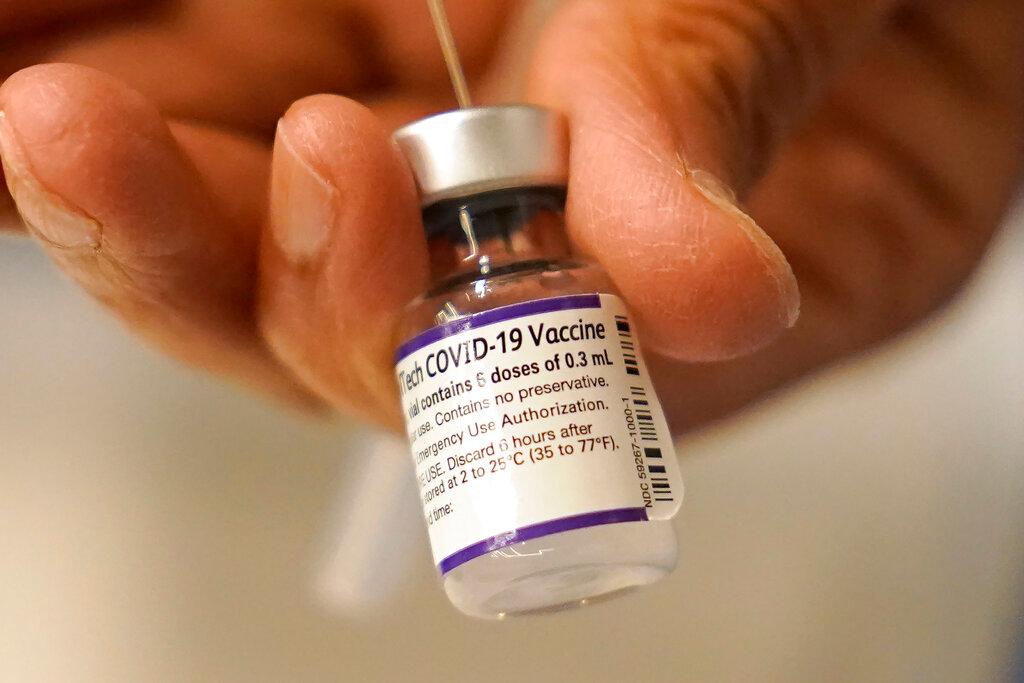A U.K. study has found that a third vaccine booster generated a higher level of antibodies to COVID-19 variants 28 days after the third vaccination, compared to individuals who have only completed the Pfizer–BioNTech or the Oxford–AstraZeneca two-shot series (pdf).
“It’s encouraging that a wide range of vaccines, using different technologies, show benefits as a third dose to either AstraZeneca or Pfizer,” stated Saul Faust, NIHR clinical research facility director at University Hospital Southampton NHS Foundation Trust.




